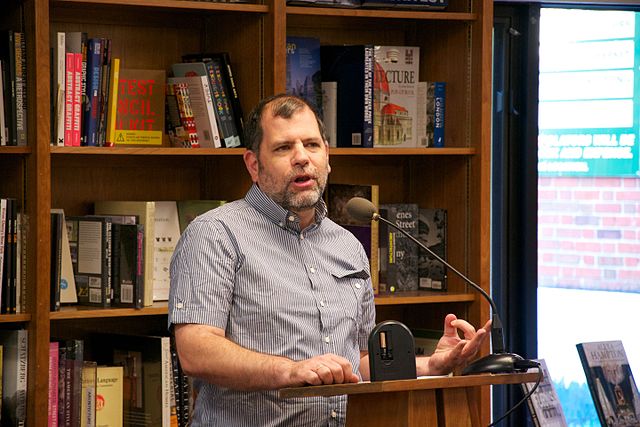January 08, 2020
Tyler Cowen’s “State Capacity Libertarianism”: A Straussian Reading
On a recent episode of the excellent podcast Conversations with Tyler the economist Tyler Cowen reflected on the direction his and co-author Alex Tabarrok’s blog Marginal Revolution has taken over the last ten years:
[I]n 2009 I was still experimenting in some fresh way with blogging as a new medium and what it meant. Continue Reading...
